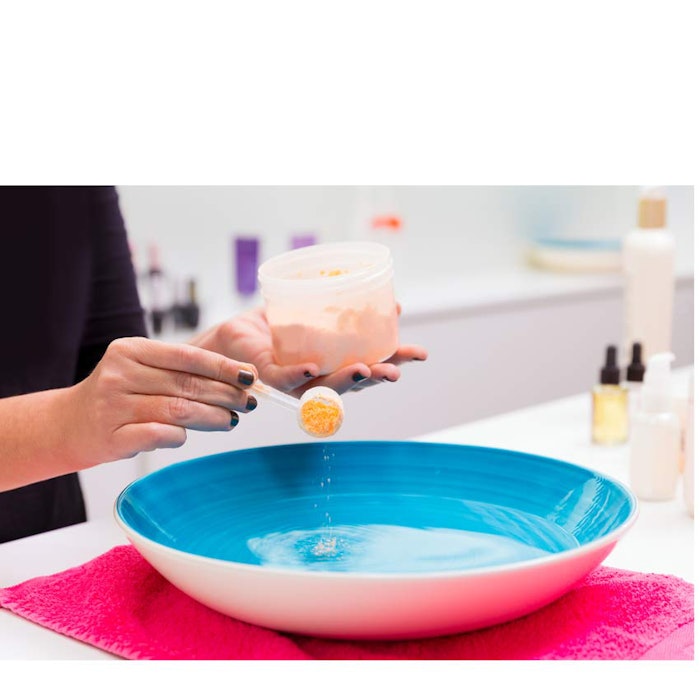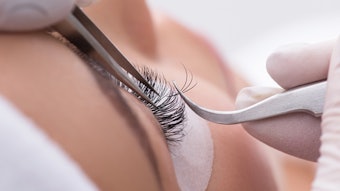
Plastic microbeads, commonly used in facial scrubs and other personal care exfoliating products, could be nixed by New York City lawmakers as early as next year, which means spas in the city would need to stock eco-friendly alternatives if the bill passes.
To date, nine U.S. states, most recently California, and four New York counties have adopted laws to ban microbeads, although no law has been adopted for the state of New York at this point. However, the Big Apple's city council is making progress with a bill that would ban these tiny plastics used in personal care products and over-the-counter drugs within the city’s five boroughs starting Jan. 1, 2016.
There are the three pieces of legislation currently in discussion with the New York City Council related to personal care products that contain microbeads:
- Intro 928, a local law that would ban the sale of all personal care products that contain microbeads, which is supported by Attorney General Schneiderman.
- Reso 3665, which calls upon the State of New York A.5896 and S39332 known as the MicrobeadFree Waters Act, which prohibits the sale of personal cosmetic products containing microbeads.
- Reso 3696, which calls upon the federal government to adopt HR 1321/S.1424, the Microbeads-Free Waters Act of Committee on Consumer Affairs Committee on Consumer Affairs 6 2015, which would amend the Federal Foods, Drug and Cosmetic Act to ban the sale or distribution of cosmetics containing synthetic microbeads.
Pulling Microbeads Off Shelves: Not So Easy
Still, if a bill passes and a local law banning microbeads goes into effect, it could prove to be quite an overhaul for manufacturers and retailers who have thousands of these products in their stores, experts and lawmakers said.
Sean Moore, from the Consumer Healthcare Products Association, told the council's Committee on Consumer Affairs the scope of this bill is defined so broad that it could have the unintended effect of banning products that do not even contain microbeads.
Another product concern that came up was sunscreen ingredients and mid-polymers that are not microbeads, but could be prohibited under this bill on the molecular level.
A Big Impact on the Big Apple
Microbeads, typically less than 3 millimeters in diameter, are said to have been making a big impact on the Big Apple’s waterways in a negative way. According to expert testimony presented to the city council, as many as 19 tons of microbeads are discharged into New York’s waterways every year and microbeads were found in about 75% of waste water treatment facilities in New York State.
Plastic can act as a sponge for chemicals like DDT as well as PCBs, which were banned in the 1970s, but are still prevalent. Also, plastic particles, the experts said, can last for decades or centuries in the waterways and can be eaten by fish, turtles and waterfowl after traveling down the drain and through the waste water treatment process.
The city council plans to have a second hearing on microbeads on a later date. If it passes, it would then go to the full Council.
Read more of the story on Skin Inc.'s affiliate site Cosmetics & Toiletries.










